Malay Patel
Improving Sequential Recommender Systems with Online and In-store User Behavior
Dec 03, 2024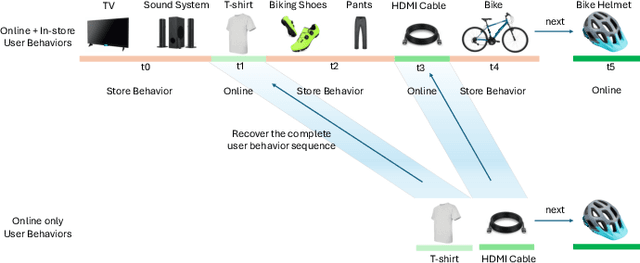
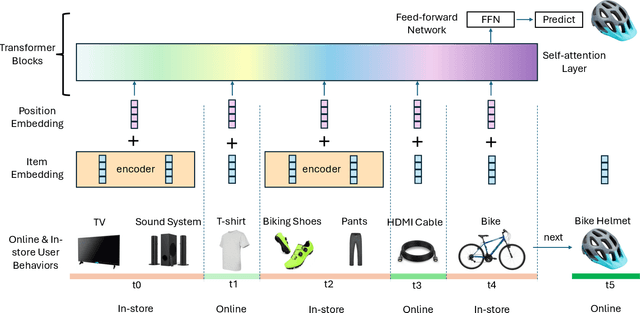
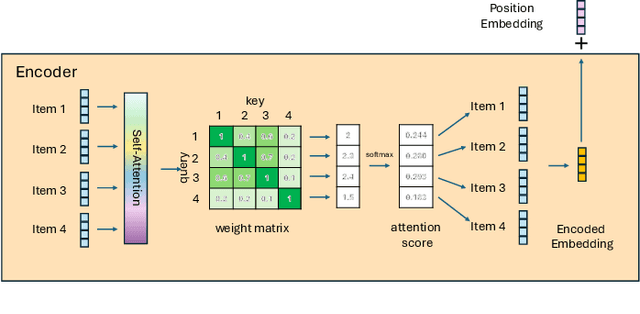

Abstract:Online e-commerce platforms have been extending in-store shopping, which allows users to keep the canonical online browsing and checkout experience while exploring in-store shopping. However, the growing transition between online and in-store becomes a challenge to sequential recommender systems for future online interaction prediction due to the lack of holistic modeling of hybrid user behaviors (online and in-store). The challenges are twofold. First, combining online and in-store user behavior data into a single data schema and supporting multiple stages in the model life cycle (pre-training, training, inference, etc.) organically needs a new data pipeline design. Second, online recommender systems, which solely rely on online user behavior sequences, must be redesigned to support online and in-store user data as input under the sequential modeling setting. To overcome the first challenge, we propose a hybrid, omnichannel data pipeline to compile online and in-store user behavior data by caching information from diverse data sources. Later, we introduce a model-agnostic encoder module to the sequential recommender system to interpret the user in-store transaction and augment the modeling capacity for better online interaction prediction given the hybrid user behavior.
LLM-TAKE: Theme Aware Keyword Extraction Using Large Language Models
Dec 01, 2023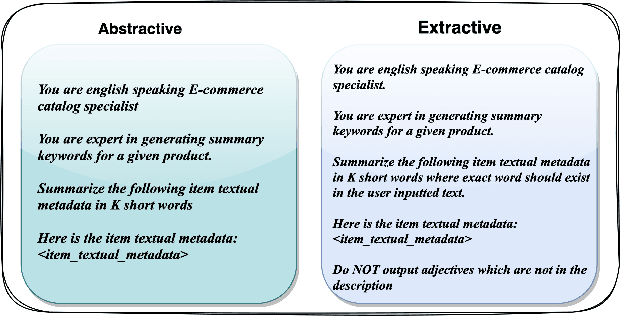
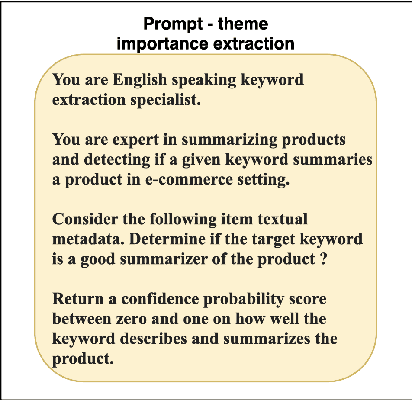
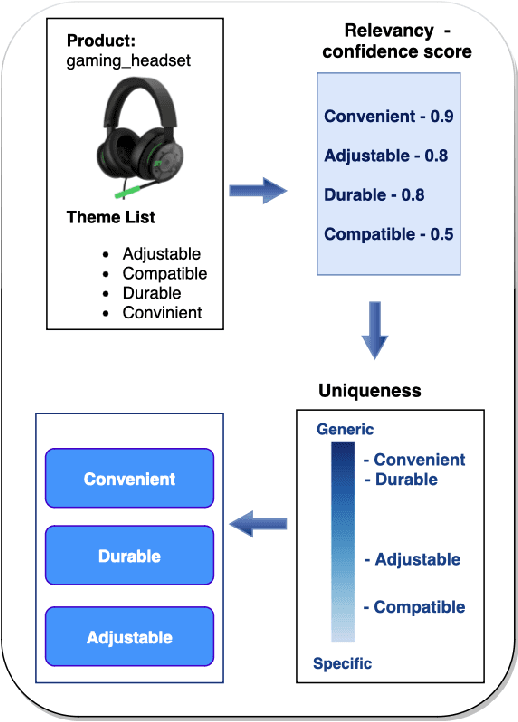
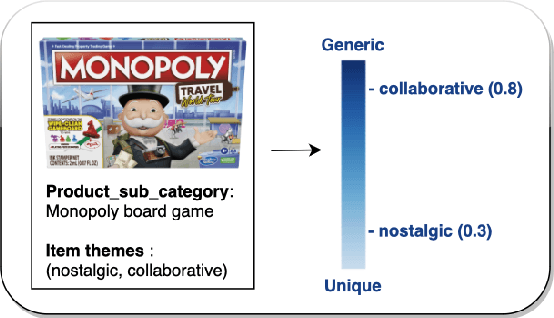
Abstract:Keyword extraction is one of the core tasks in natural language processing. Classic extraction models are notorious for having a short attention span which make it hard for them to conclude relational connections among the words and sentences that are far from each other. This, in turn, makes their usage prohibitive for generating keywords that are inferred from the context of the whole text. In this paper, we explore using Large Language Models (LLMs) in generating keywords for items that are inferred from the items textual metadata. Our modeling framework includes several stages to fine grain the results by avoiding outputting keywords that are non informative or sensitive and reduce hallucinations common in LLM. We call our LLM-based framework Theme-Aware Keyword Extraction (LLM TAKE). We propose two variations of framework for generating extractive and abstractive themes for products in an E commerce setting. We perform an extensive set of experiments on three real data sets and show that our modeling framework can enhance accuracy based and diversity based metrics when compared with benchmark models.
 Add to Chrome
Add to Chrome Add to Firefox
Add to Firefox Add to Edge
Add to Edge